Hand-eye Coordination Normal Alphabet Worksheets for 4-Year-Olds
13 filtered results
-
From - To
Enhance your child's hand-eye coordination with our engaging Normal Alphabet Worksheets designed specifically for 4-year-olds! These worksheets combine fun and educational activities that encourage fine motor skills while teaching the alphabet. Each printable exercise helps young learners practice letter recognition, writing, and tracing, promoting coordination and confidence. Colorful illustrations and interactive tasks make learning enjoyable, keeping kids excited about early literacy. Perfect for home or classroom use, our hand-eye coordination worksheets support developmental milestones, ensuring your child grasps essential skills needed for future academic success. Download now and watch your little one thrive as they explore the wonderful world of letters!
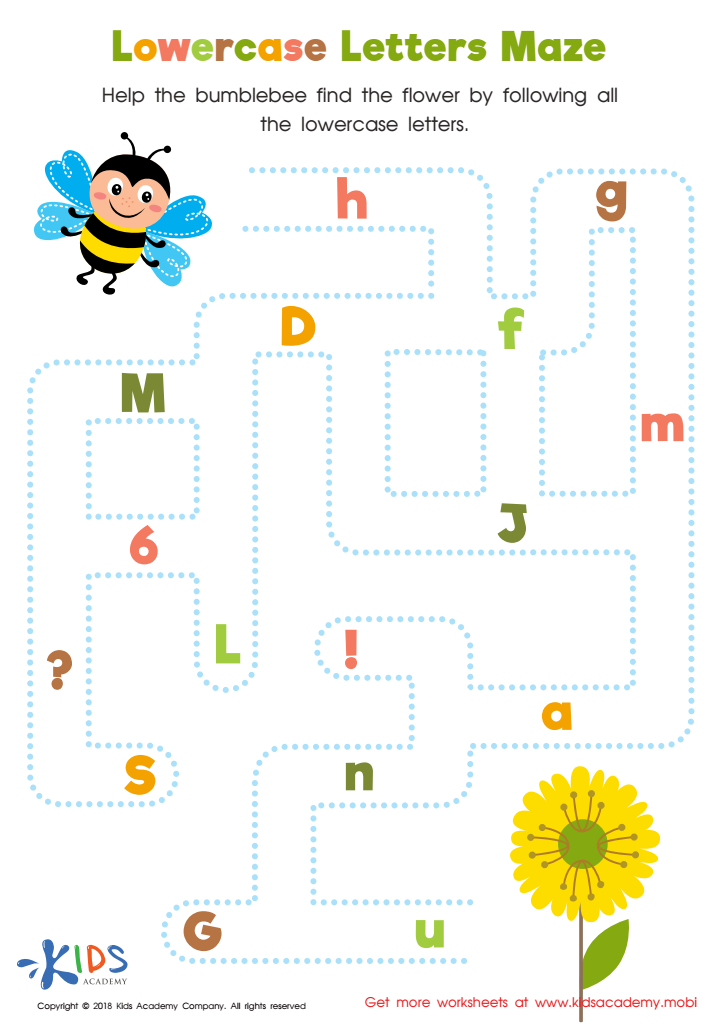

Lowercase Letters Maze Worksheet
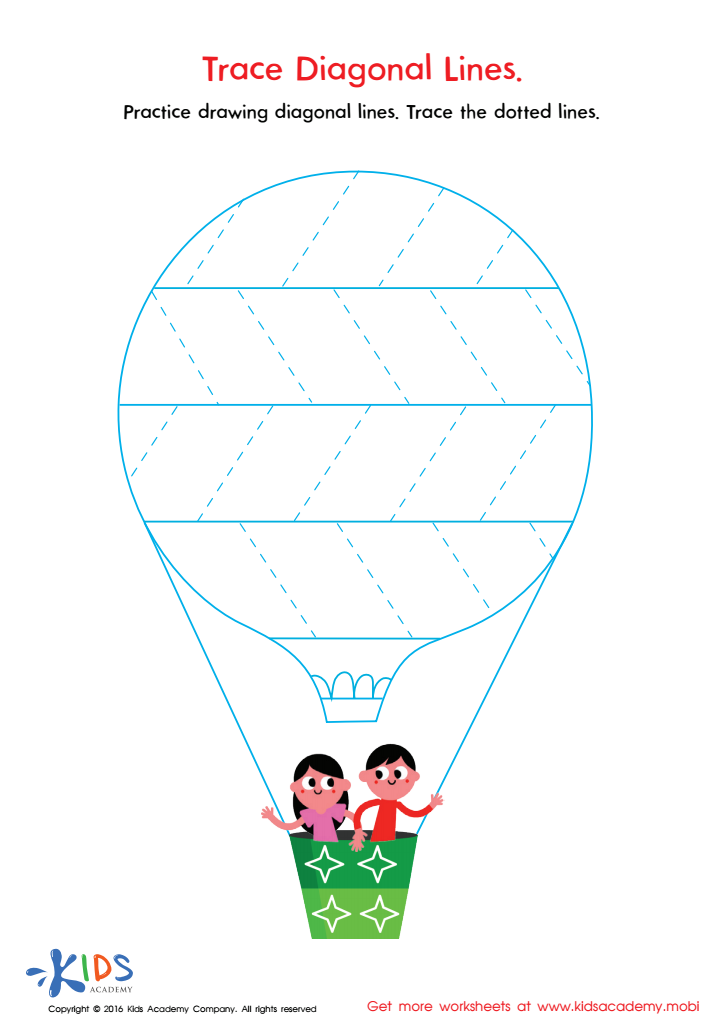

Trace Diagonal Lines Worksheet
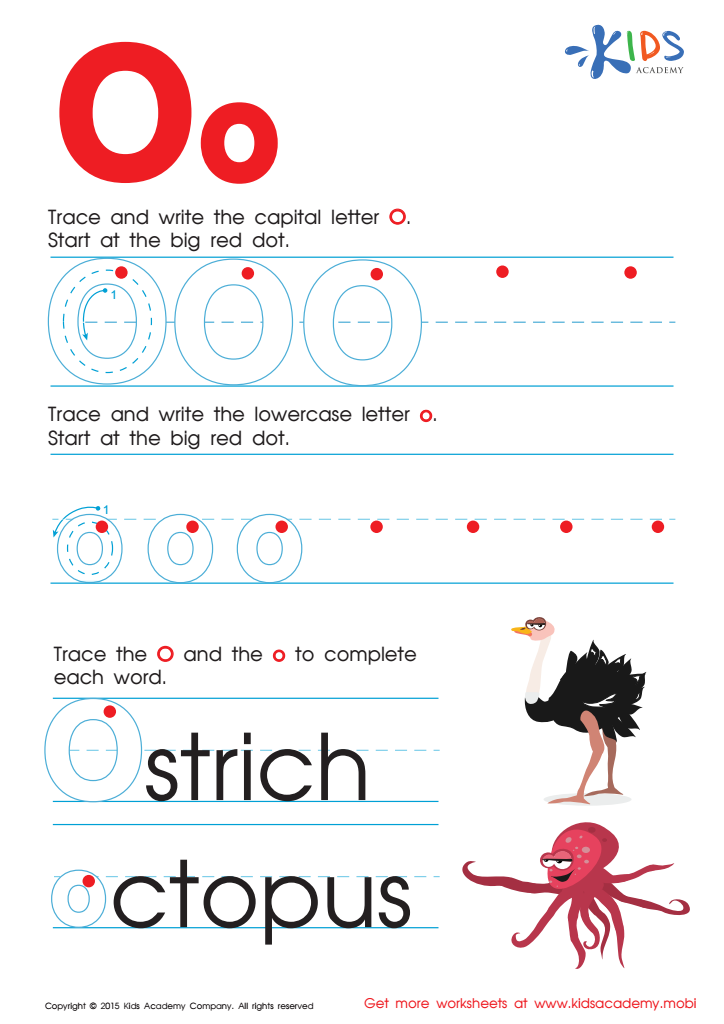

Letter O Tracing Page
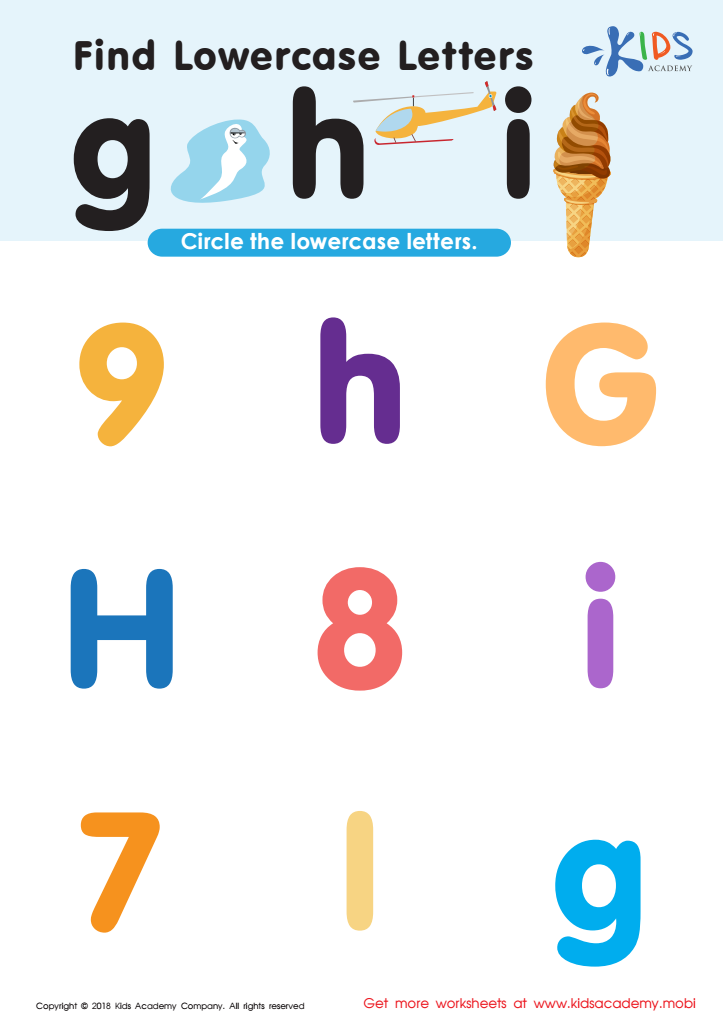

Find Lowercase Letters g h i Worksheet


Letter P Tracing Page


Letter H Tracing Page
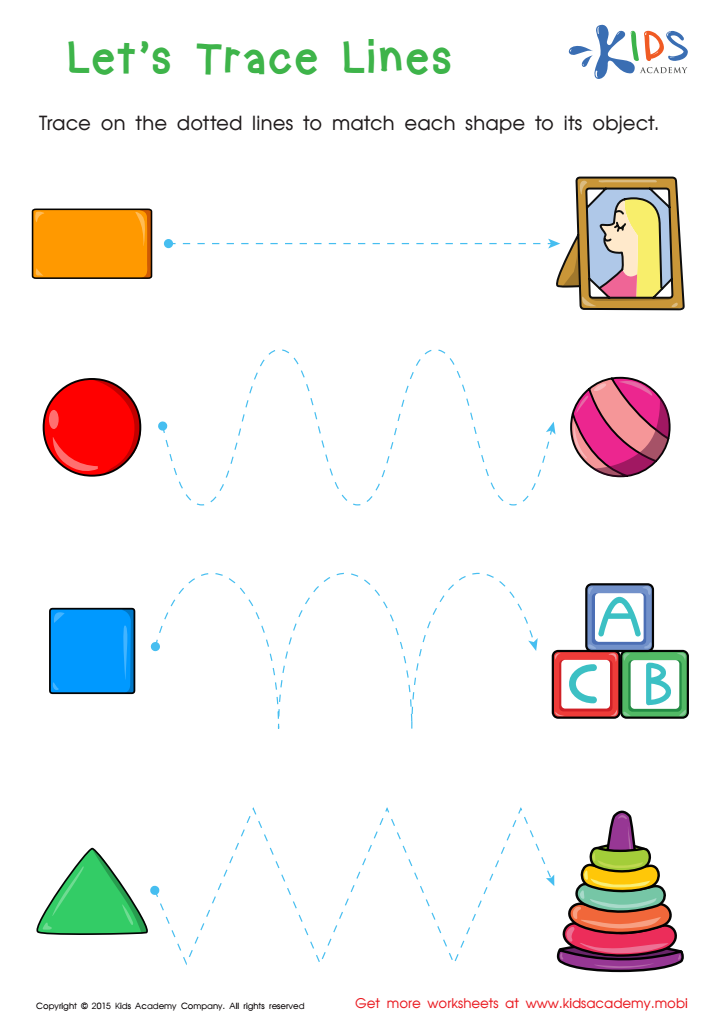

First Words: Let's Trace Lines Worksheet


Long and Short U Worksheet
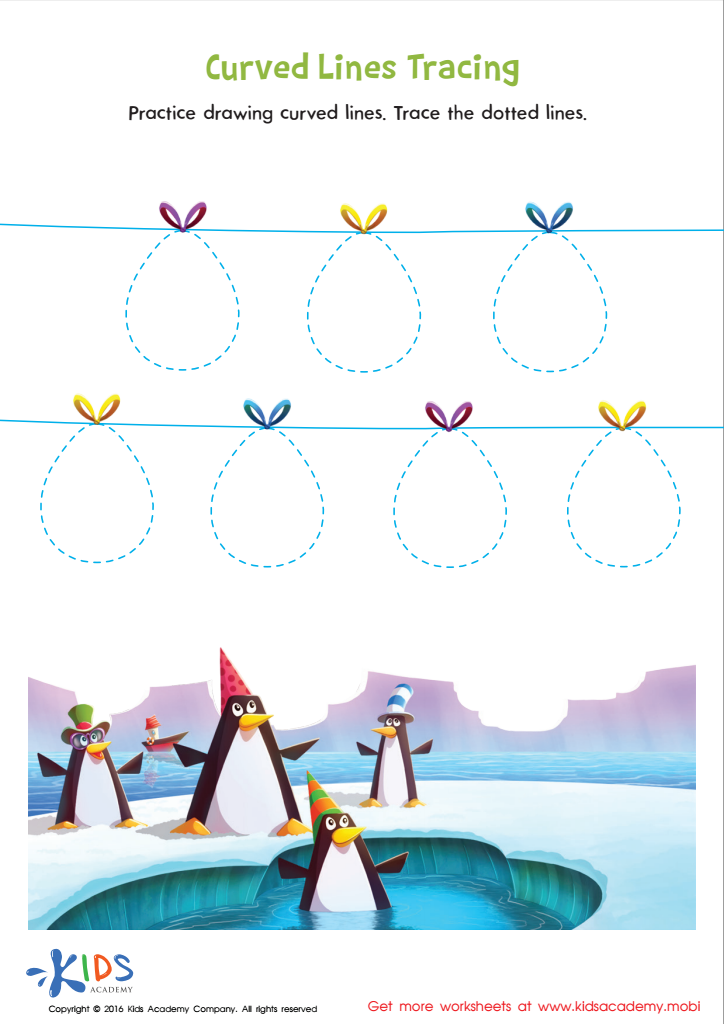

Curved Lines Tracing Worksheet
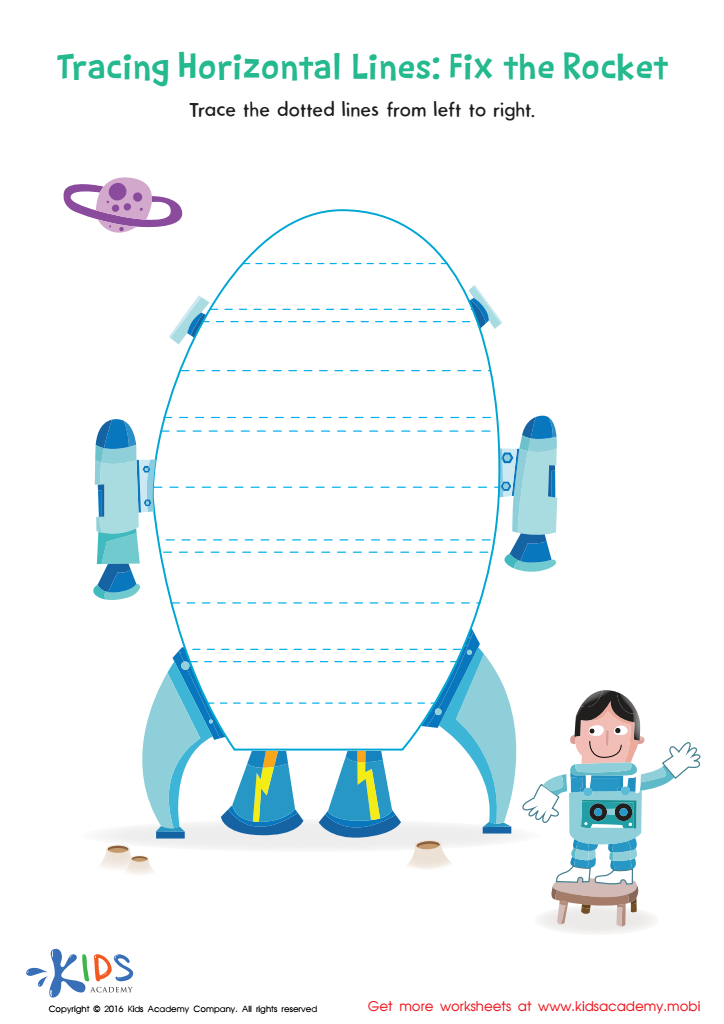

Tracing Horizontal Lines Worksheet
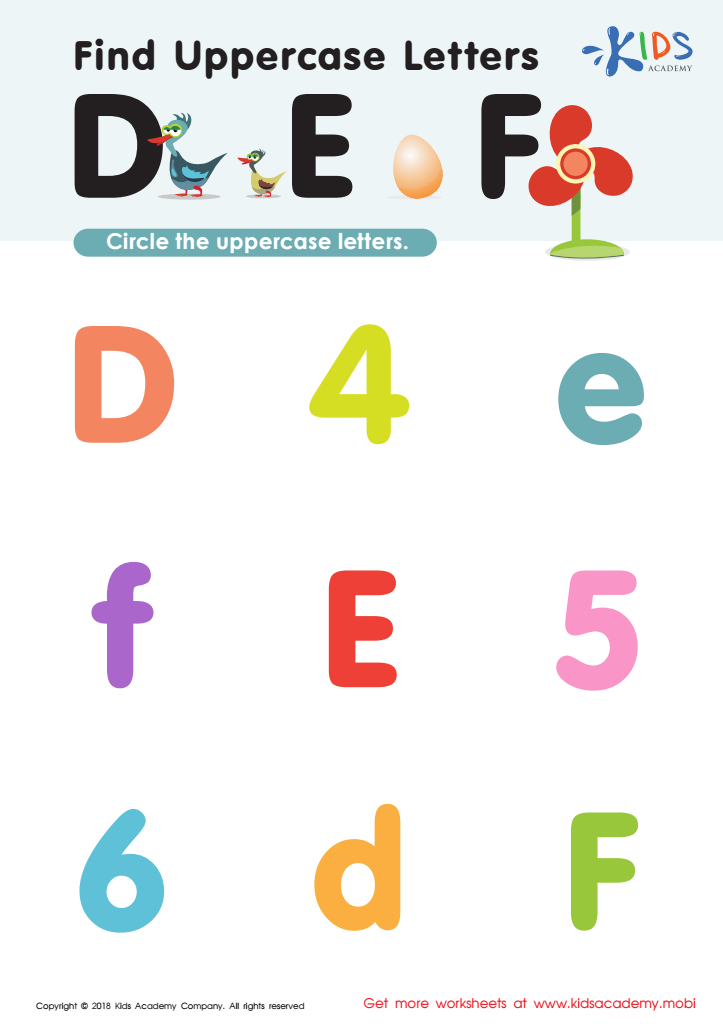

Find Uppercase Letters D, E, and F Worksheet


Long and Short E Worksheet
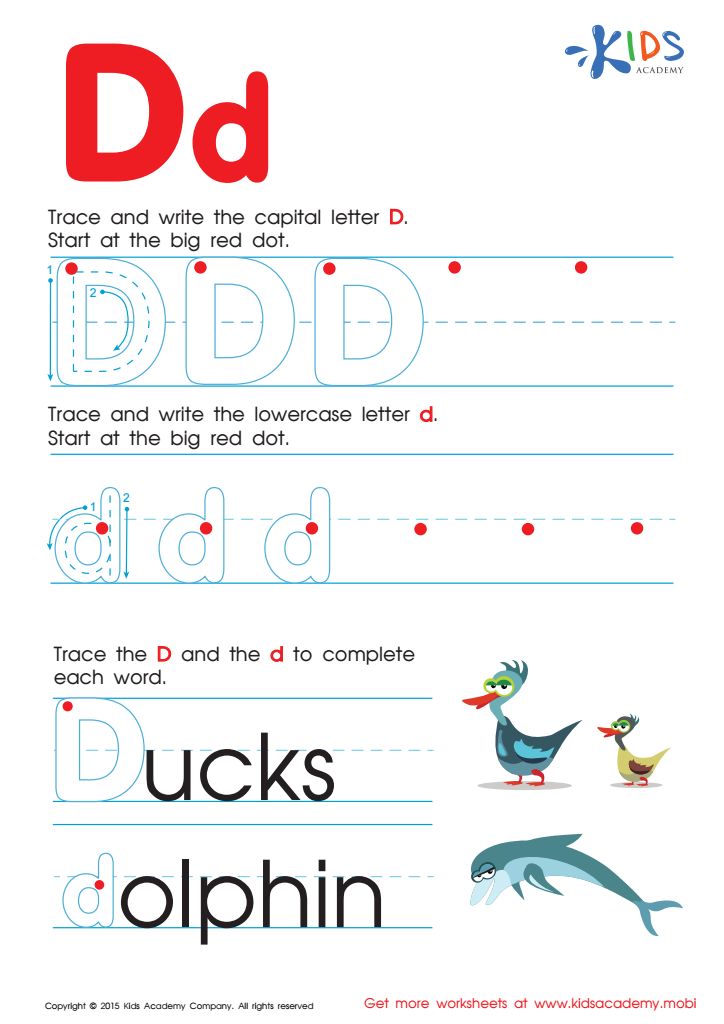

Letter D Tracing Page
Hand-eye coordination is a crucial skill that develops early in childhood and lays the foundation for a child’s future learning and physical activities. For 4-year-olds, mastering normal alphabet recognition and formation involves significant reliance on this coordination. Whether it's writing letters, identifying words, or engaging in arts and crafts, hand-eye coordination helps children successfully connect visual input with their motor skills.
Parents and teachers should care about this skill because it directly impacts literacy and academic readiness. A child who struggles with hand-eye coordination may face challenges in writing, recognizing letters, or even participating in physical play, which can affect their confidence and enthusiasm for learning. Early intervention through engaging activities like tracing letters, playing with building blocks, or interactive games can enhance these skills, fostering a love for learning and improving performance in school settings.
Moreover, good hand-eye coordination can increase fine motor skills, which are essential for tasks like buttoning shirts, using scissors, and ultimately writing as children progress in school. By prioritizing the development of hand-eye coordination, parents and teachers contribute to overall growth, enabling children to navigate their environment with greater ease and joy. This foundational skill supports a lifetime of learning, creativity, and success.
 Assign to My Students
Assign to My Students













